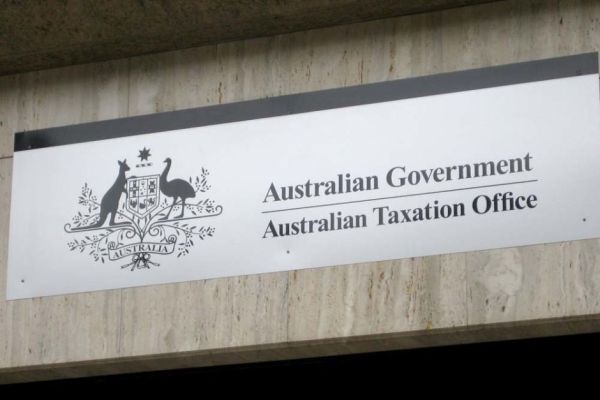Published on the 09/04/2015 | Written by Beverley Head

The extent to which multinational technology companies shift revenues and profits in order to minimise their global tax bills was on full display yesterday…
The first public hearing of the Senate Inquiry into Tax Avoidance was held in Sydney yesterday with Apple, Google and Microsoft in the spotlight. All three companies are being audited by the Australian Taxation Office.
What they revealed was a morally questionable but entirely legal web of intra-company payments which sees the majority of Australian revenues actually being taxed in Singapore or other international jurisdictions which have a far lower corporate tax rate than Australia. Multinational companies have long used the mechanism of transfer pricing to effectively game the raft of international tax treaties in order to keep their tax bills as low as possible.
Fronting the inquiry yesterday were Maile Carnegie, managing director of Google A/NZ and Tony King, managing director of Apple A/NZ while Microsoft flew in its corporate vice president of worldwide tax, Bill Sample, for the event.
Responding to questions from the inquiry Sample acknowledged that last year Microsoft booked $2 billion in software product and services through its Singapore operations and around $100 million worth of consulting services revenue which was booked in Australia. So while the company has made a song and dance about opening local data centres for its Azure cloud and offering Australian hosted Office 365 services, the money trail leads back to Singapore.
Carnegie couched Google’s structure as being designed in order to be competitive internationally, adding that the company globally paid a tax rate of 19.3 percent.
Google has claimed its 2013 Australian profits were $46 million while its tax bill was $7.1 million. The company however books all Google Australia advertising revenue – believed to be around $2 billion – through its Singapore operations.
Apple Australia revealed that although it had Australian revenues of $6 billion it paid just $80 million in tax last year.
The challenge for Australia and many other nations is how they can level the playing field without unravelling the international tax treaties that have already been negotiated and exposing themselves to potential legal action.
The UK has taken a unilateral approach to the challenge and this month introduced its 25 percent diverted profits tax which is targeted at “large multinational enterprises with business activities in the UK who enter into contrived arrangements to divert profits from the UK.”
Meanwhile the OECD last week released its draft discussion paper on base erosion and profit shifting (BEPS) which is intended to explore the issue of how the world’s nations can ensure they get a fair tax slice of multinational companies’ success.



























